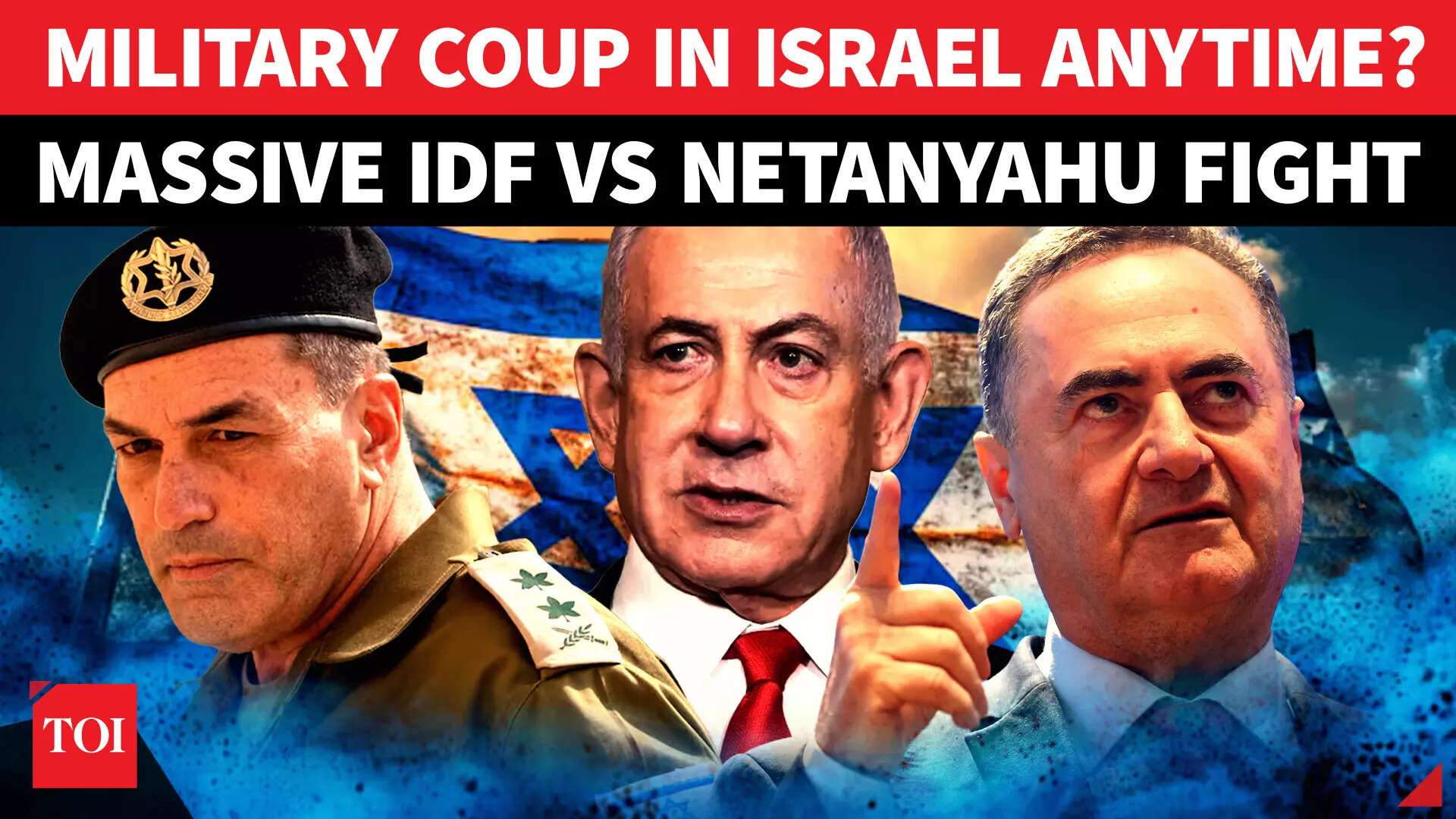Top Stories
Israeli Defense Minister Challenges IDF Chief Over Key Appointments

The tension between Israeli Defense Minister Israel Katz and IDF Chief Eyal Zamir has escalated significantly, centering on the appointment of high-ranking officials within the Israeli Defense Forces (IDF). In a recent statement, Katz asserted that he is closely monitoring military staffing decisions, emphasizing a shift in oversight following the events of October 7.
Katz highlighted the need for direct supervision of military operations, stating, “After the events of October 7, there is no longer an army that is not under supervision.” His comments signal a notable change in the relationship between civilian leadership and military command, drawing attention to the political dynamics within Israel’s defense establishment.
Context of the Dispute
The disagreement comes at a critical time for Israel, as the IDF grapples with ongoing security challenges. Katz’s remarks suggest a desire to ensure that military appointments align with broader government strategies and national security needs. This level of involvement from the defense minister raises questions about the traditional autonomy of military leaders in Israel.
The fallout from October 7 has been profound, with many in the government calling for reforms in military oversight. The day marked significant conflict and has prompted various leaders to reassess their strategies moving forward. Katz’s public assertion of authority reflects a broader sentiment among Israeli officials seeking to strengthen civilian control over military operations.
Implications for Military Leadership
The rift between Katz and Zamir may have lasting implications for the IDF’s leadership structure. As the defense minister continues to assert his influence, it remains to be seen how this will affect the morale and operational effectiveness of the military. Analysts suggest that a balance must be struck to maintain both effective military command and the necessary civilian oversight.
The ongoing situation will likely prompt further discussions regarding the roles and responsibilities of military and civilian leaders in Israel. The outcome of this power struggle could redefine the parameters of military governance and influence future appointments within the IDF.
As the situation develops, it will be crucial to monitor how these tensions affect Israel’s defense strategy and overall security posture. The evolving dynamics between Katz and Zamir underscore the intricate relationship between political authority and military command in a nation facing persistent challenges.
-

 Sports2 weeks ago
Sports2 weeks agoBroad Advocates for Bowling Change Ahead of Final Test Against India
-

 Sports2 weeks ago
Sports2 weeks agoCristian Totti Retires at 19: Pressure of Fame Takes Toll
-

 Science2 weeks ago
Science2 weeks agoNew Blood Group Discovered in South Indian Woman at Rotary Centre
-

 World4 weeks ago
World4 weeks agoTorrential Rains Cause Flash Flooding in New York and New Jersey
-

 Science4 weeks ago
Science4 weeks agoNothing Headphone 1 Review: A Bold Contender in Audio Design
-

 Top Stories1 month ago
Top Stories1 month agoKonkani Cultural Organisation to Host Pearl Jubilee in Abu Dhabi
-

 World4 weeks ago
World4 weeks agoSBI Announces QIP Floor Price at ₹811.05 Per Share
-

 Lifestyle4 weeks ago
Lifestyle4 weeks agoCept Unveils ₹3.1 Crore Urban Mobility Plan for Sustainable Growth
-

 Top Stories4 weeks ago
Top Stories4 weeks agoAir India Crash Investigation Highlights Boeing Fuel Switch Concerns
-

 Business4 weeks ago
Business4 weeks agoIndian Stock Market Rebounds: Sensex and Nifty Rise After Four-Day Decline
-

 Politics4 weeks ago
Politics4 weeks agoAbandoned Doberman Finds New Home After Journey to Prague
-

 Top Stories4 weeks ago
Top Stories4 weeks agoPatna Bank Manager Abhishek Varun Found Dead in Well









